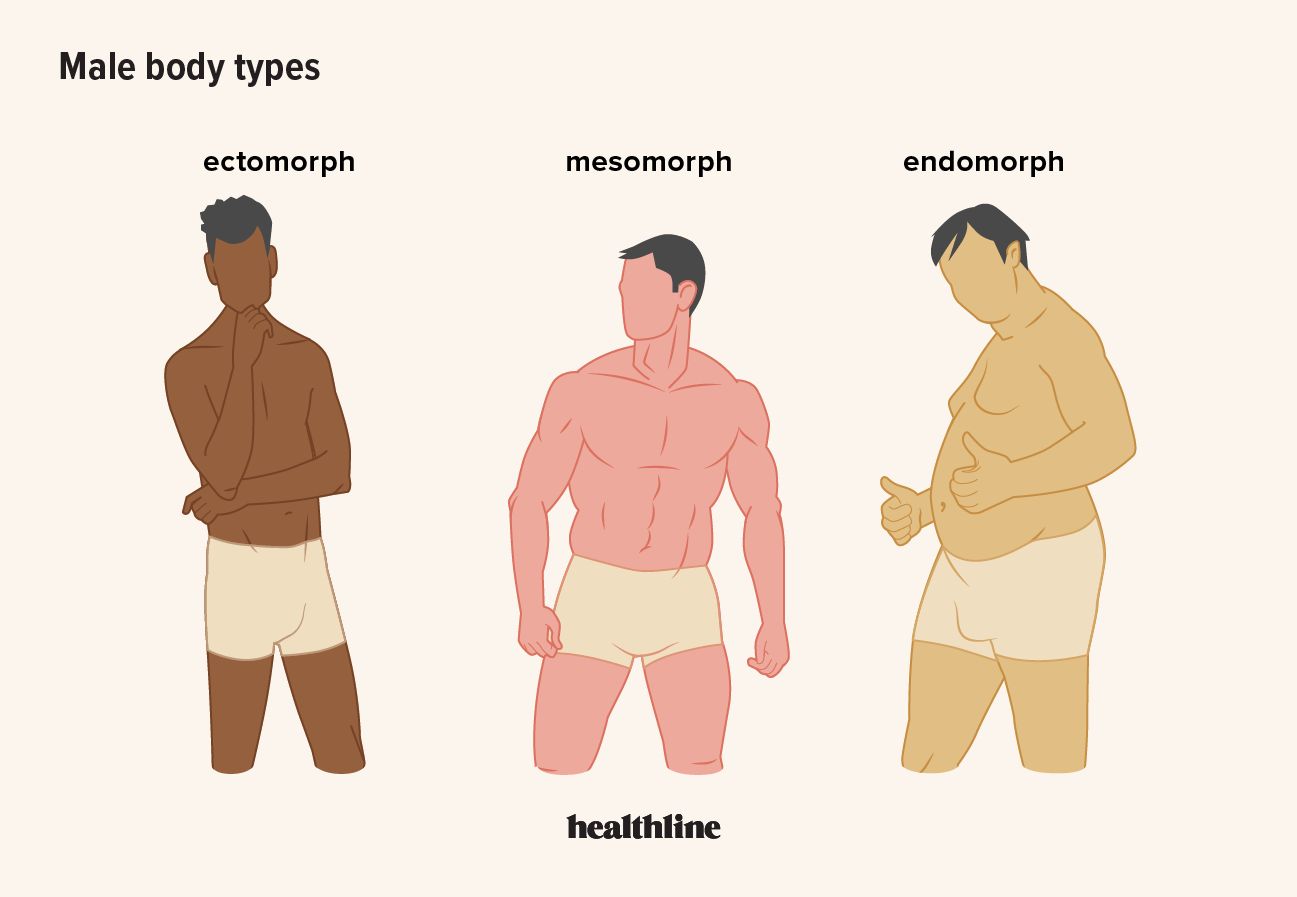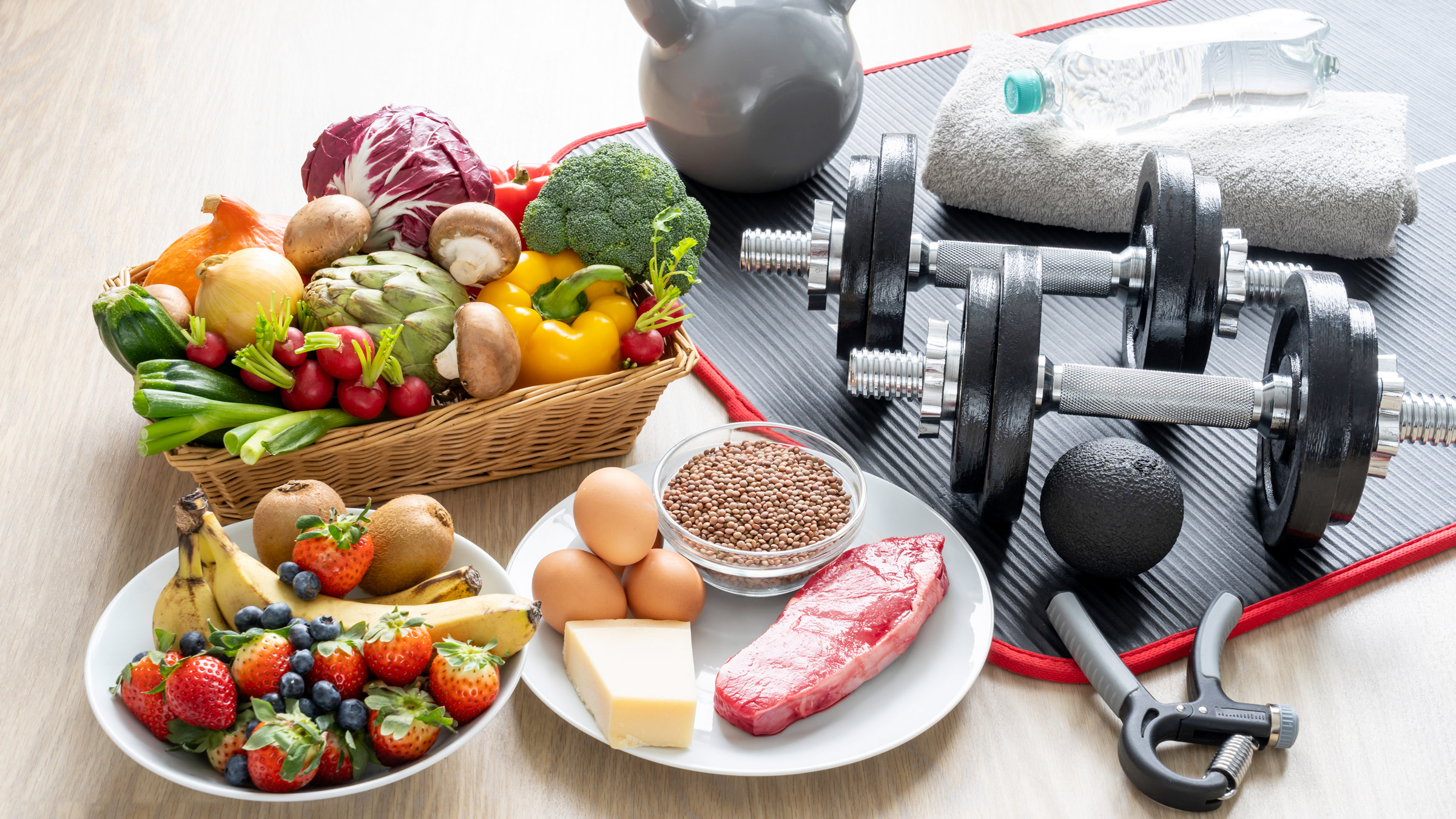Is your protein powder costing more than your gym membership, and you're still not seeing real muscles?
Walk into any gym, and you'll hear the familiar shake-shake-shake of protein bottles rattling. Open any fitness influencer's cabinet, and you'll find towers of protein powder tubs stacked like they're preparing for a protein shortage.
But here’s the wild part: some of the strongest people in history (farmers, laborers, warriors) built serious muscle on whole foods, not lab-made powders.
So what's the real deal? Can you actually pack on serious muscle mass without chugging chalky protein smoothies twice a day? The answer is a resounding YES, and we're about to show you exactly how to do it.
The Real Foundation of Muscle Building

Let's get one thing straight: building muscle is like constructing a house. You need more than just bricks (protein) to build something solid. You need the right blueprint, proper tools, and a strong foundation.
Here's your muscle-building blueprint:
-
Strength Training: Your Growth Engine
Building muscle doesn’t happen by accident; it takes focused, consistent effort in the gym. Lifting the right weights, choosing effective exercises like squats and deadlifts, and following a plan that gradually challenges your muscles are key. Reps, sets, rest periods, and form all matter more than any supplement. Real growth comes from smart, intentional training.
-
Recovery: Where the Magic Happens
Training creates the stress your body needs to trigger growth, but the real rebuilding happens during recovery. That means getting 7–9 hours of sleep, taking rest days seriously, and managing stress. Without proper recovery, your progress stalls no matter how hard you train.
-
Nutrition: The Building Materials
Protein matters, but so does fiber. Fiber doesn’t just aid digestion; it actively supports nutrient absorption, fuels gut health, and reduces inflammation, all key factors for maintaining lean muscle. Muscle growth depends on proper nutrition as a whole. Focus on eating a balanced, nutrient-dense, and high fiber diet. Your body needs more than just shakes to truly grow.
Know Your Body Type: Why One Size Doesn't Fit All

Ever wonder why your gym buddy packs on muscle while eating pizza, and you're stuck counting every macro? The answer might be simpler than you think: body types. Understanding your natural build can save you months of frustration and help you work with your genetics instead of against them.
The Three Body Types (And What They Mean for Your Muscles)
Ectomorph: The "Hard Gainer"

Stars with this frame: Timothy Chalamet, Tom Holland, Ryan Gosling
Your muscle-building reality: You can eat a lot without gaining weight, but building muscle takes more effort.
Your advantage: Lean body types don’t usually have to stress about cutting fat. Your abs are probably already visible.
Mesomorph: The "Natural Athlete"

Stars with this frame: Chris Evans, Chris Hemsworth, Hugh Jackman
Your muscle-building reality: You respond well to training and can build muscle relatively easily.
Your advantage: You're the person whose gains come naturally with consistent effort.
Endomorph: The "Stocky Powerhouse”

Stars with this frame: Jonah Hill, Chris Pratt, Russell Crowe
Your muscle-building reality: You can build muscle well, but you'll also store fat more easily.
Your advantage: You're naturally strong and can build impressive muscle mass once you dial in your nutrition.
Most people don’t fit perfectly into one category, and that’s totally normal. But understanding your dominant body type can give you a head start. Whether you're an ecto, meso, endo, or somewhere in between, tailoring your diet and training to match your natural build can make your muscle-building journey more efficient, sustainable, and effective.
How Much Protein Do You Really Need to Gain Muscle?
Your fitness coach might want you to believe you need 2+ grams of protein per kg of body weight per day, but the science tells a different story. Here’s a quick guideline from Healthline to keep things realistic:
The Real Numbers:
- Sedentary individuals: 0.8g per kg of body weight per day
- Active individuals: 1.2-1.6g per kg of body weight per day
- Athletes/bodybuilders: 1.6-2.2g per kg of body weight per day
If you want something more personalized, there’s also a handy protein calculator to help you estimate your daily needs based on your weight and activity level: For a 180-pound (82kg) guy hitting the gym hard, that's roughly 130-180g of protein daily, way less than the 360g some supplement companies push.
Knowing how much protein you need is one thing; hitting those numbers is another. That’s where the right high-protein foods come in.
No Powder, No Problem: Best Foods to Gain Muscle Naturally

Here's where whole foods flex their superiority over protein powders. Real food doesn't just deliver protein; it brings along vitamins, minerals, fiber, and other compounds that actually enhance muscle growth.
Protein Powerhouses:
- Chicken breast: 31g protein per 100g
- Lean beef: 26g protein per 100g
- Eggs: 6g protein per egg
- Greek yogurt: 20g protein per cup
- Tofu: 15g protein per 100g
- Quinoa: 8g protein per cup cooked
- Lentils: 18g protein per cup cooked
- Spinach: 5g protein per cup cooked
- Brussels sprouts: 3g protein per cup
- Broccoli: 3g protein per cup
- Potatoes: 4g protein per large potato
- Guava: 4.2g protein per cup (highest protein fruit)
- Avocado: 3g protein per fruit (healthy fats bonus)
- Jackfruit: 2.8g protein per cup
💡 Muscle Pro Tip: Spread your protein intake throughout the day. According to a study, while your body can absorb a lot of protein at once, it’s most effective to have about 25–30g per meal. Eating it all in one sitting might not help your muscles as much as spacing it out.
What Your Body Actually Needs
Protein powders and supplements do what they’re meant to do: provide protein. But when you’re trying to bulk up or build serious muscle, your diet matters just as much as your training routine.
1. Carbs
Think of these as your gym fuel. Carbs power your workouts, help spare protein for muscle growth, and speed up recovery. No, they’re not the enemy, and on training days, they’re your best friend.
2. Fiber
Fiber isn’t just for digestion; it plays a real role in muscle development. Research shows that higher fiber intake is linked to greater muscle mass and strength.
3. Fats
Healthy fats are the hormone support crew. They help produce testosterone and growth hormone, which are key for building muscle. Skip the low-fat myths. Avocados, olive oil, nuts, and fatty fish belong on your plate.
4. Micronutrients
This is where most lifters fall short. You’ll find a lot of these in nutrient-dense whole foods, especially the kind packed with fiber.
- Amino Acids directly fuel muscle repair, recovery, and growth.
- Vitamin D for muscle function and hormone balance.
- Zinc for protein synthesis.Magnesium for muscle recovery.
- B vitamins help metabolize protein and carbs for energy and repair.
5. Hydration
Your muscles are 75% water. If you're dehydrated, you're weaker, slower to recover, and more likely to hit plateaus.
💡 Pro tip: Pairing your protein with fiber-rich foods actually helps your body absorb amino acids more efficiently, making every gram count toward your gains.
Fiber's Secret Role in Muscle Growth

Here’s what most fitness advice skips: your gut health affects muscle growth. A well-functioning digestive system helps you absorb nutrients better, fueling real gains.
How Fiber Fuels Serious Gains:
-
Enhanced Nutrient Absorption:
Fiber feeds beneficial gut bacteria, which produce short-chain fatty acids (SCFA) that improve intestinal health. A healthier gut lining absorbs amino acids more efficiently, meaning you get more bang for your protein buck. -
Better Protein Utilization:
A healthy gut doesn’t just break food down; it makes the most of it. Without good digestion, even the “cleanest” diet can go to waste. Fiber helps regulate digestion, making it easier for your body to process and distribute nutrients to where they’re needed most, like your muscles post-workout. -
Speeds Up Recovery and Reduces Inflammation:
Fiber helps keep your gut lining strong and supports healthy bacteria, which together reduce inflammation in the body. That means better recovery and muscle growth over time.
-
Improved Hormone Production:
Your gut produces about 90% of your serotonin and also influences testosterone production. When your gut supports healthy hormone levels, your workouts feel stronger, you’ve got more energy, better endurance, and you're less likely to burn out early.
-
Fiber = More Energy, Less Fat:
Fiber slows the digestion of carbs, helping regulate blood sugar and insulin response; two factors that influence fat storage and energy levels. This means more stable energy for training and fewer crashes. Plus, a fiber-rich diet supports a leaner physique by promoting satiety, reducing cravings, and helping manage body fat, which is key for visible muscle definition.
What you eat between the shakes matters, especially the nutrients that support digestion, metabolism, and how well your body actually uses what you feed it.
Nourish Your Gut for Better Nutrient Absorption With Future Salad

Future Salad isn't just another wellness drink; it's specifically designed to optimize your body's ability to absorb and utilize the nutrients you're working so hard to consume. When you're pushing your body in the gym, every nutrient counts, and Future Salad ensures you're getting maximum value from your food.
The Muscle-Building Advantage:
-
Guava and Spinach Power: Guava, one of the highest-protein fruits, and nutrient-rich spinach are just two of the 12 premium ingredients in Future Salad Detox Drink Mix. With superfoods like moringa leaves and spirulina, every plant-based ingredient is carefully chosen for real benefits. This isn’t your average blend; it’s clean, high-quality fuel your body can actually use.
-
Fiber-Rich Formula: Each pack of Future Salad Detox Drink Mix delivers 6g of fiber from a carefully selected blend of plant-based ingredients. This fiber fuels your good gut bacteria, supports digestion, and creates the ideal environment for nutrient absorption, so every gram of protein you eat works harder toward your gains.
-
Nutrient-Dense by Design: Future Salad Detox Drink Mix packs 30+ essential nutrients, including iron, protein, vitamins, and amino acids to support energy, recovery, and muscle growth the natural way.
- Pre and Post-Workout Benefits: Future Salad Detox Drink Mix fuels your workout with natural energy from real, freeze-dried fruits and vegetables. Whether you use it before or after training, it supports both performance and recovery.
- The Convenience Factor: One serving packs the nutrition of five bowls of salad, all in a convenient, plant-based shake you can take daily. Nutritious, clean, and made to fit your routine.
Train Hard, Eat Smart, Grow Strong: Your Game Plan
Protein isn’t the only key to building stronger muscles, and it doesn’t have to come from supplements. Here’s your muscle-building action plan:
- Prioritize whole food protein sources throughout the day.
- Hit your fiber targets (25-35g daily) for optimal nutrient absorption.
- Support your gut health for maximum nutrient utilization.
- Focus on training consistency over supplement obsession.
- Optimize recovery through sleep and stress management.
Whether you're focused on building muscle or eating clean, Future Salad gives you both: the fiber your gut craves and the nutrition your muscles need. When you stop choosing sides, real transformation happens. 💪

